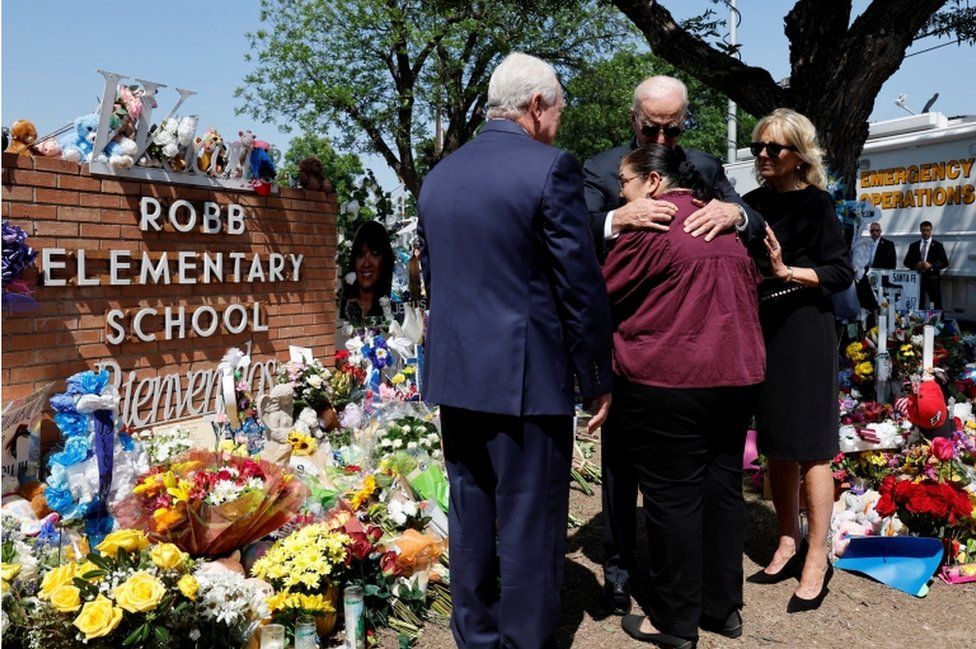Malabo – The Angolan Head of State, João Lourenço, defended on Saturday that there is inaction and passiveness from regional and continental organs in relation to coups d’État in Africa, which have been happening with “inacceptable frequency”.
The Angolan Head of State explained that the coups d’État observed recently in Africa took place in countries with legitimate governments, that is, formed as result of democratic elections.
João Lourenço, who was speaking at the opening of the Summit of African Heads of State and Government on Terrorism and Unconstitutional Changes, reminded that the African Union (AU) condemns coups d’État.
“We are observing a series of acts that constitute significant recoil in regard to the political, economic, social gains, as well as in terms of stability and security”, emphasised the Angolan President.
He advocated major firmness from regional and continental organs against such actions and measures that make unviable the functioning of legitimate governments.
To the Angolan statesman, it is paramount that African leaders pay major attention to unconstitutional changes of government in Africa.
João Lourenço is of the opinion that the inaction, indifference, silence and passiveness towards such actions can influence and stimulate the overthrow of governments across the continent.
He further stressed the need for co-ordinated action of regional organisations to tackle such unconstitutional acts.
Angola’s Experience in conflict resolution
The Angolan Head of State also spoke about the experience of Angola in conflict resolution. He reminded that the country experienced an internal armed conflict for 27 years, however, persistence in dialogue brought about the needed formula to put an end to the civil war.
He explained to the attentive audience that Angolans used dialogue, besides other contributions, to put an end to over two decades of internal armed conflict.
The Angolan Head of State then reiterated that this model, if adjusted to the reality of each country, can be applied in other parts of the continent to resolve a conflict.
He mentioned, as example, the Central African Republic (CAR) where significant advances have been taking place, although still insufficient, in the peace search process of that African country.
João Lourenço also seized the occasion to touch on the continent’s major problems, such as hunger, misery, poverty, endemic diseases, unemployment, lack of infrastructures, deficient electrification and industrialisation.
He mentioned equally the timid connectivity among states, which causes a delay in the economic integration of the various regions and in socio-economic development.














